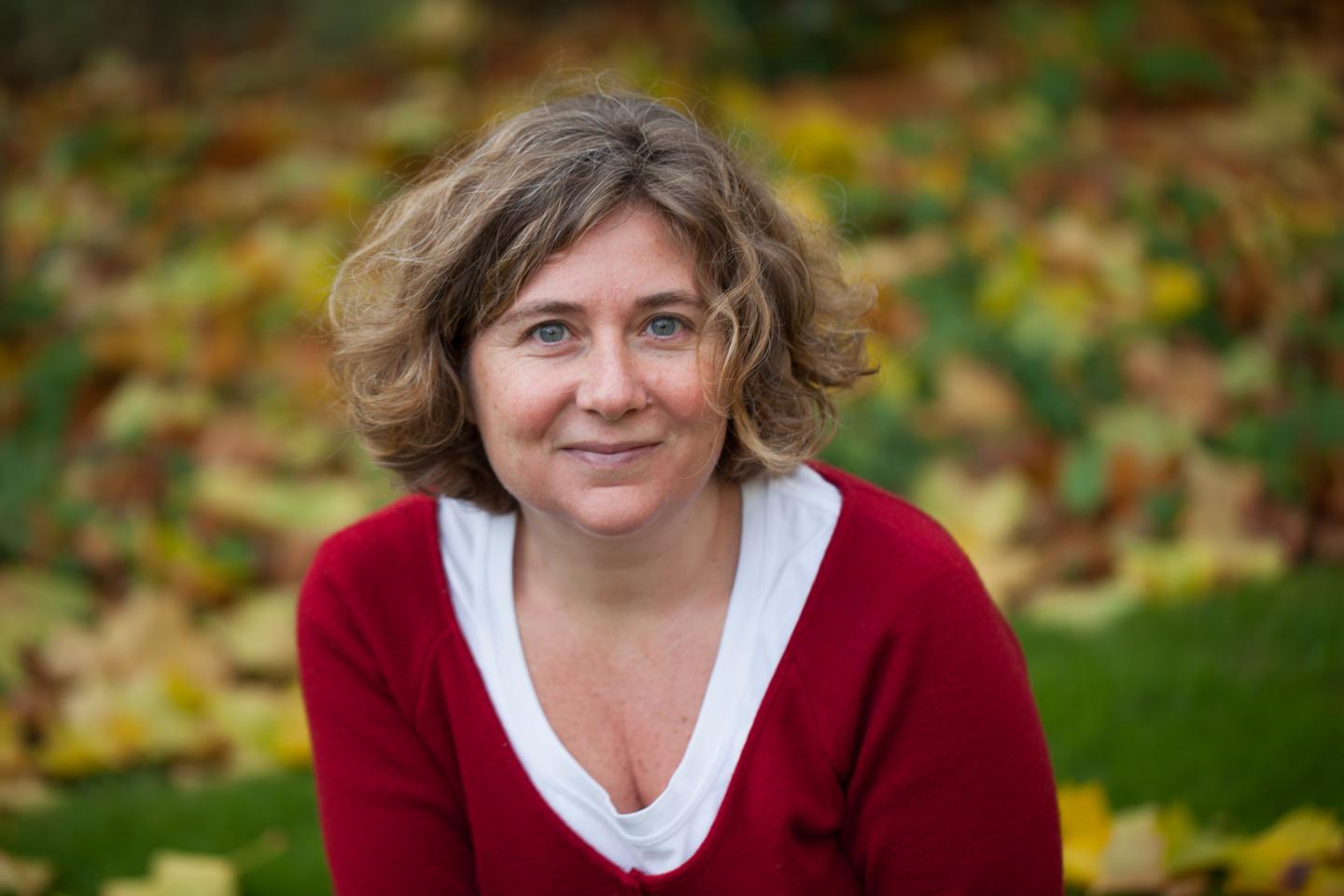2019 Hooke Medal

Credit: University of Bristol
An academic from the University of Bristol’s School of Cellular and Molecular Medicine has been honoured with a prestigious medal from the British Society of Cell Biology (BSCB).
Eugenia Piddini, Professor of Cell Biology and Wellcome Trust Senior Research Fellow, has been awarded the 2019 Hooke Medal in recognition of her outstanding contribution to cell biology and as an emerging leader in this field.
Professor Piddini’s lab in the University’s Faculty of Life Sciences studies cell competition, the interactions between cells in tissues, resulting in fit cells (winners) being able to colonise tissues as they kill and replace less-fit cells (losers).
Her group is exploring how cell competition could be used for therapeutic strategies in regenerative medicine and cancer. The labs goal is to understand the impact of cell competition on tissues and the mechanisms that cells use to compete. To achieve this the group combine two complementary approaches: studies in Drosophila, small fruit flies, to capture the complexity of these interactions in vivo, and mammalian cell culture to follow the dynamics of cell competition, including by live imaging.
Professor Piddini’s recent work using the adult fly intestine showed that in adult homeostatic tissues, cells compete, and healthy cells eliminate sub fit cells by apoptosis. The lab has also found that cell competition leads to healthy tissue expansion, by promoting stem cell proliferation and increased symmetric self-renewal. Professor Piddini believes that this could be exploited to promote stem cell repopulation in regenerative medicine therapies.
Her discovery of mechanical cell competition – a new mode of competition where cell killing is triggered by mechanical compression – is considered a breakthrough in the ?eld. Her group has also helped to identify the signalling pathways that underpin cell competition, with the discovery that key stress signaling pathways, such as p53 signalling and the oxidative stress response, confer upon cells a competitive disadvantage.
Professor Piddini from the School of Cellular and Molecular Medicine, speaking about her award, said: “It is a true honour and a privilege to have been awarded this year’s Hooke medal. I am very thankful to the BSCB committee for recognising our work. This has only been possible thanks to the effort of the talented people that have gone through my group. I feel greatly energised by this recognition and look forward to continuing with even more enthusiasm our work on cell competition.”
Professor Jeremy Tavare, Dean of the Faculty of Life Sciences, added: “I am delighted that Eugenia’s work has been recognised in her award of the very prestigious Hooke Medal. Eugenia’s research on cell competition is pioneering and I am confident it will have a long-term impact on our understanding of the fundamental processes underlying organismal development as well as in diseases such as cancer. This is a very proud moment in Eugenia’s career as she follows an array of previous scientific stars who have won this award.”
Professor Piddini originally trained in cell biology at the University of Palermo, Italy. She completed her PhD in the lab of Carlos Dotti at the European Molecular Biology Laboratory (EMBL) Heidelberg, Germany, where she studied the regulation of cell shape by microtubule motors and Rho-like GTP-ases.
In 2002, Professor Piddini started post-doctoral work in the lab of Jean-Paul Vincent at the National Institute for Medical Research in London. Through that work Eugenia became interested in understanding how cells coordinate death and survival within tissues and this led her to work on cell competition, which has been the focus of Eugenia’s research since. Eugenia started her group in 2010 at the Gurdon Institute, University of Cambridge, where she was a Royal Society University Research Fellow and in 2017 she moved to the University of Bristol.
###
Media Contact
Joanne Fryer, University of Bristol
[email protected]
44-011-739-40227




